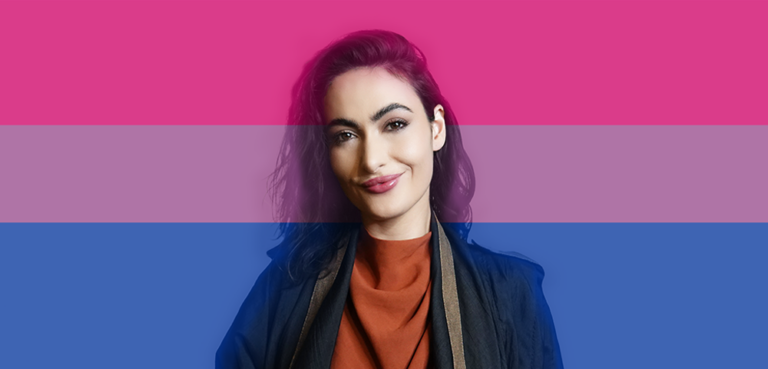
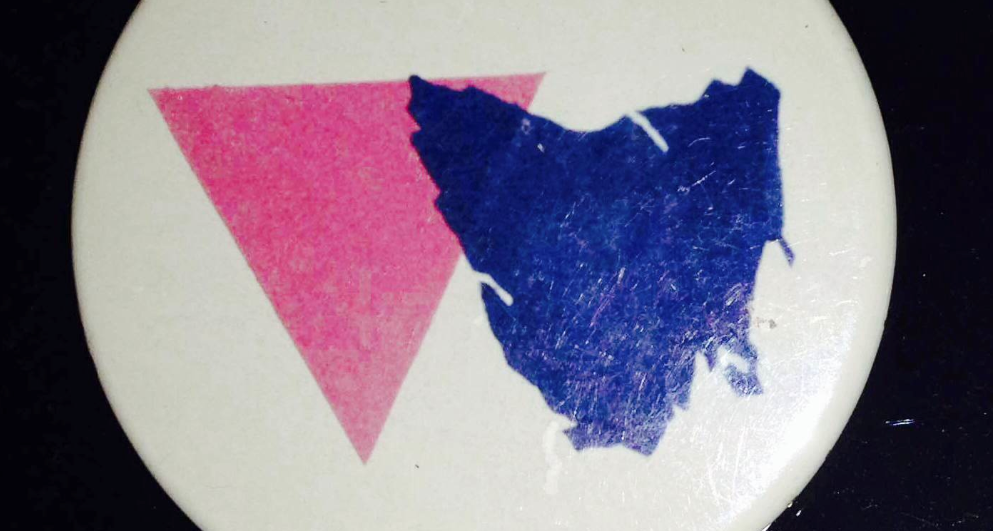
I WORE this badge the first time I was arrested for defending the human rights of LGBTI people.
In 1988 the Tasmanian Gay Law Reform Group set up a stall in Hobart’s weekly Salamanca Market asking market-goers to sign a petition to support decriminalising homosexuality. Tasmania was then one of the last Australian states to criminalise sex between two men. The maximum punishment was 21 years in prison, the harshest in the western world.
Hobart City Council banned the stall, declaring there was no place for homosexuals in its family market. When we set the stall up again, believing the council’s decision to be discriminatory, the police were brought in and I was one of the first to be arrested.
It was a terrifying moment for me. I was a shy, middle class history student from a dairy farm in north west Tasmania who thought of himself as anything but “an activist”.
However, I also knew something had to be done to bring discrimination to an end.
When I came out a few months earlier, heterosexual friends urged me to flee to a mainland city for my own safety. Not long after, when I went to my first LGBTI community meeting, I was warned the police could be waiting outside to take down my car registration number and add me to a list of “known homosexuals”.
For generations, Tasmania’s draconian ant-gay laws, and the prejudice they fostered, presented LGBTI Tasmanians with a stark choice: seek refuge in Sydney or Melbourne if you want to live openly, or stay quiet and hidden if you want to live in Tasmania.
I wasn’t prepared to accept that choice. I was gay and Tasmanian and I wanted to live a life where I could be proud of both. That’s why this badge is so important to me. By bringing together the symbol of the LGBTI equality movement (the pink triangle originally used by the Nazis to designate gay prisoners), and a map of Tasmania, it brings together two fundamental parts of who I am. It represents my desire to belong.
In defence of equality 130 people stood their ground and were arrested at Salamanca Market, forcing the council to back down. Nine years later, after a high-profile campaign involving the UN, the Federal Government and the High Court, the Tasmanian laws were repealed and were replaced with some of the best human rights laws in Australia.
Symbolic of this transformation was an official apology for the arrests by Hobart City Council in 2008, the first of its kind in Australia.
The nation too has undergone immense change in that time, with far more inclusive attitudes and laws towards LGBTI people.
But the fundamental problem I faced in 1988 remains.
There is still a belief that being gay sets you apart from other Australians and gives you a different destiny.
The most potent expression of that separateness is the federal Marriage Act.
Marriage is about love, commitment and family. It represents our deepest aspirations for intimacy, companionship and kinship. It is a public affirmation of what is most precious to us all.
By excluding me from marriage, the law says I am not worthy of these things. It says I have to choose between finding love with someone of the same sex and participating fully and equally in family and community life.
I campaign for marriage equality today for the same reason I campaigned to decriminalise homosexuality in Tasmania all those years ago.
I should be treated by the law with the same respect and dignity as anyone else.
I should not face discrimination because of who I love.
Most of all, I should be free to be gay and to belong.
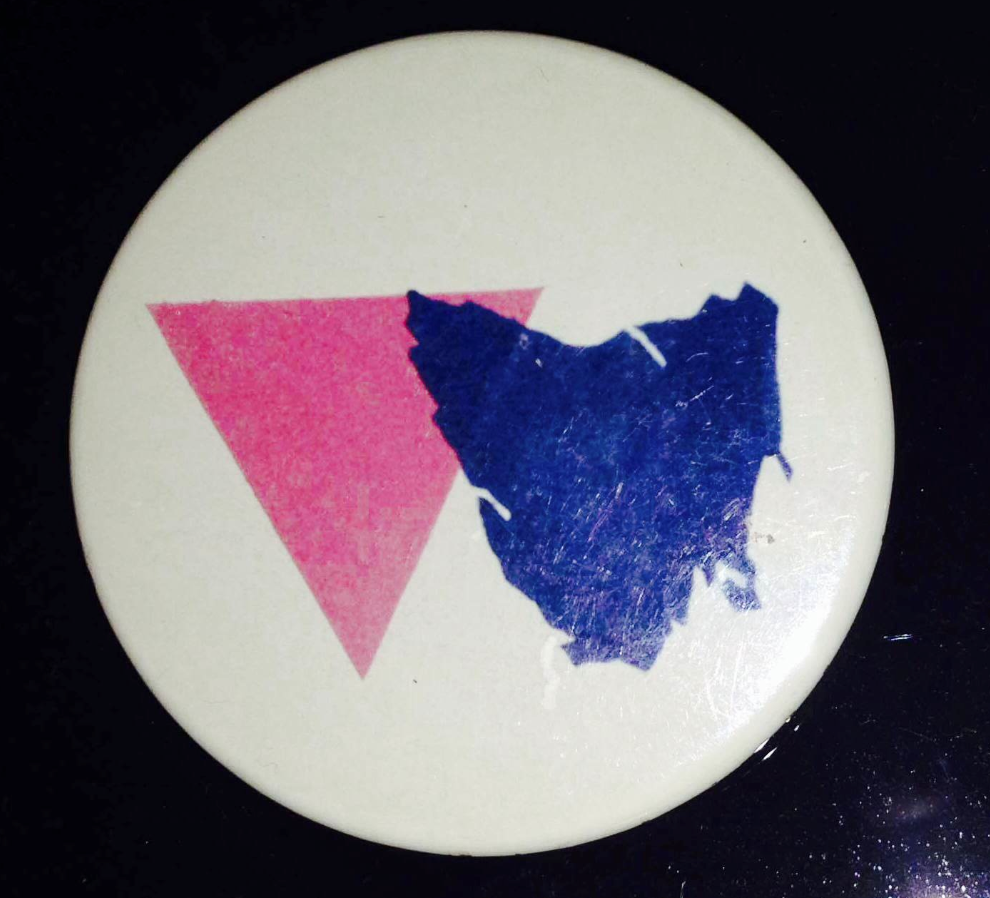
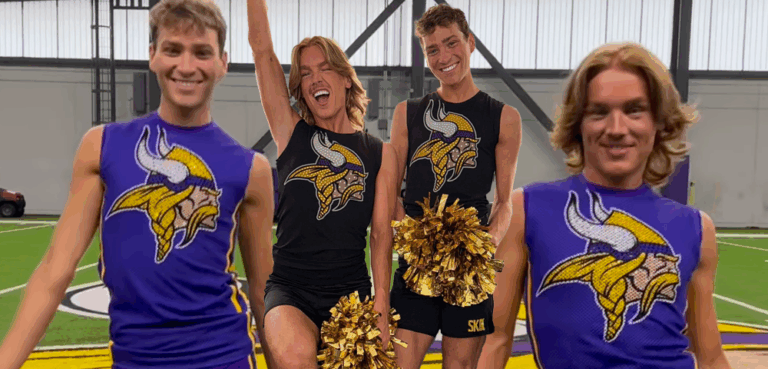


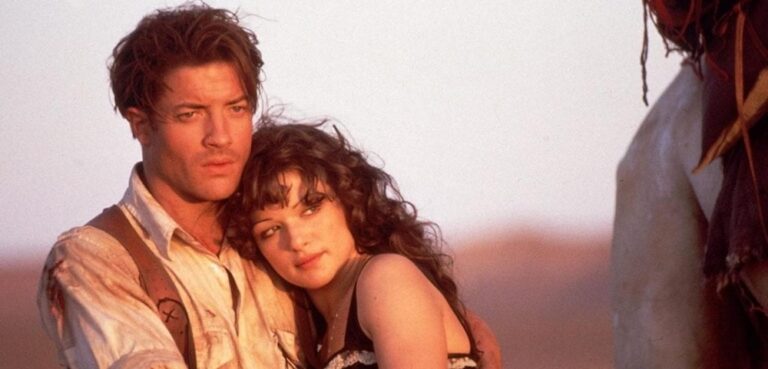

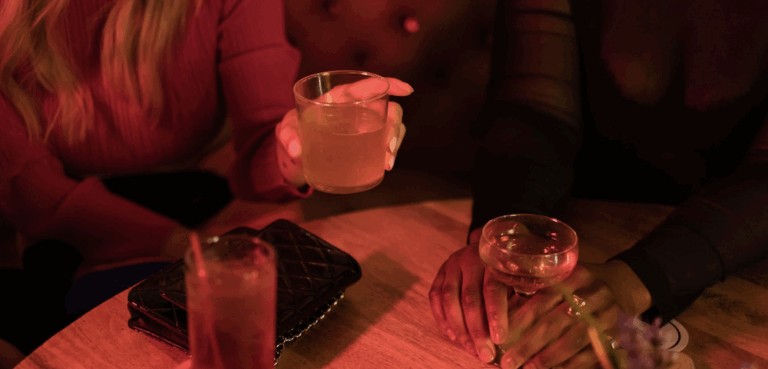
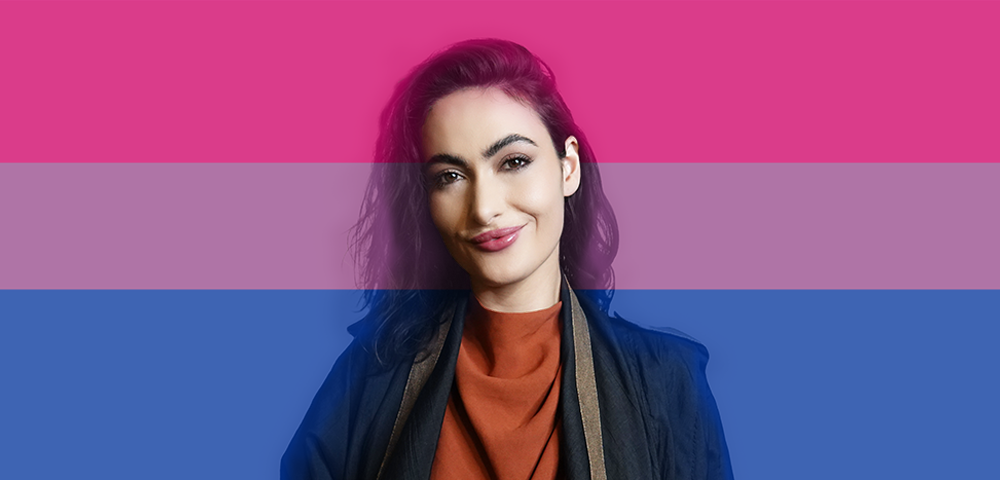
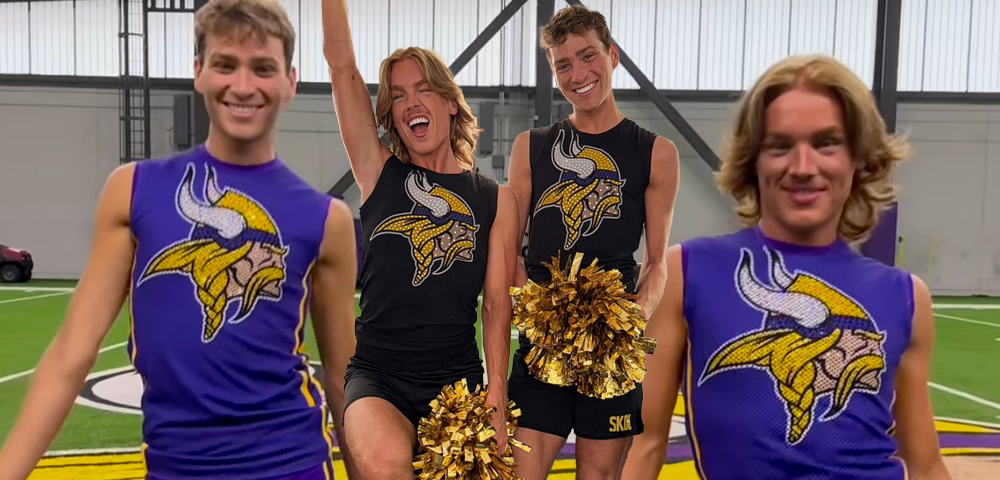
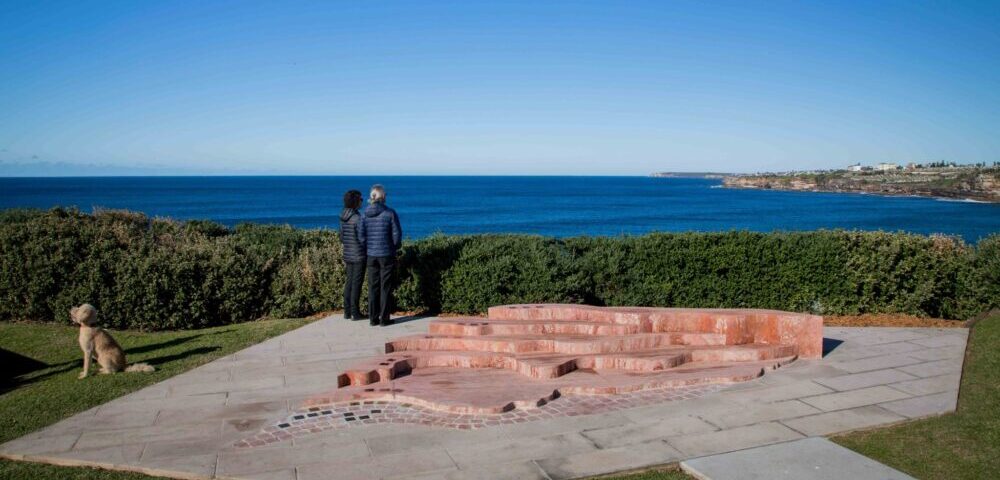
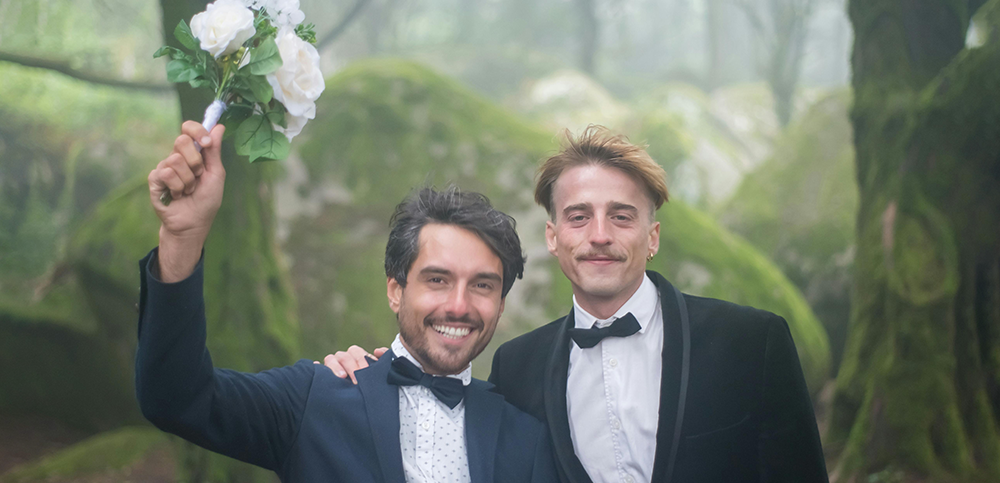
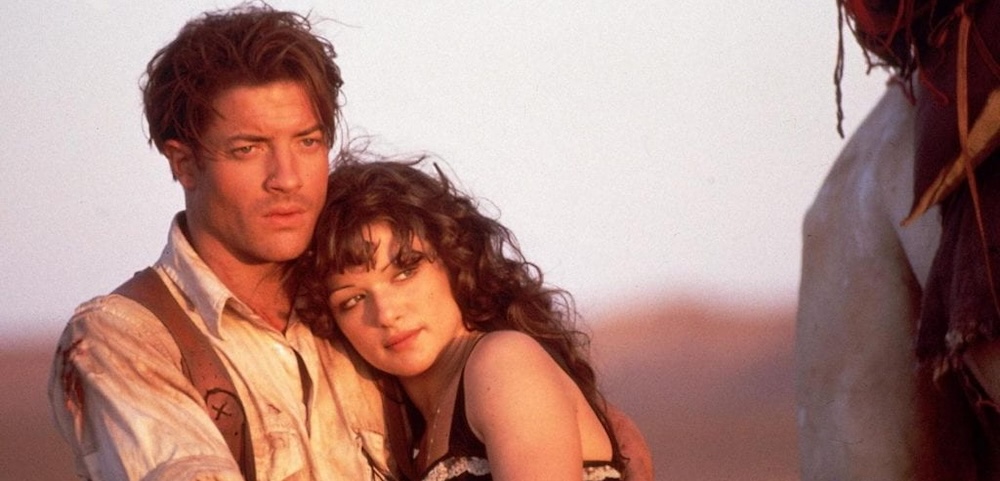
Rodney Croome should be our prime minister!
“There is still a belief that being gay sets you apart from other Australians and gives you a different destiny.”
And that’s a bad thing?
Excuse me but I will not be made to feel ashamed or afraid of my difference. And if anyone is then it’s not a marriage certificate they need.
Thank you for your bravery Rodney. I will vote for you next year.